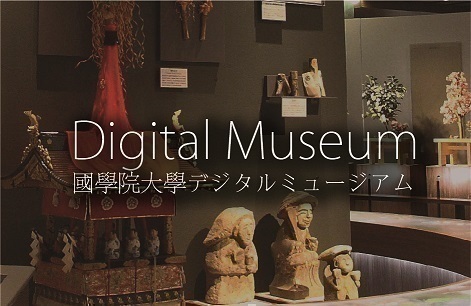- トップ
- Encyclopedia of Shinto
- Yoshikawa Koretari
Encyclopedia of Shinto
| Main Menu: | |
| Links: |
詳細表示 (Complete Article)
| カテゴリー1: | 8. Schools, Groups, and Personalities |
|---|---|
| カテゴリー2: | Personalities |
| Title | Yoshikawa Koretari |
| Text | (1616-1694) A Shinto scholar of the early Edo period, and founder of Yoshikawa Shintō, whose lineage name can also be read as "Kikkawa," and his formal name as "Koretaru." His other formal names included Motonari, Koretari, and Yoritoki, and his common names included Chiyomatsumaru and Gorosaemon. His epistolary names included Aremidō and Sōinshi. Born in 1616 in Edo, Yoshikawa was adopted by a merchant from the Nihonbashi quarter of the city, and while he inherited the family business, he was unsuccessful and retired to Kamakura, devoting himself to serious scholarship, in particular to ancient literature and waka poetry. At the age of thirty-six he made his way to Kyoto, where he met Hagiwara Kaneyori, engaging him with questions regarding scholarly issues of the day. Thereafter, Hagiwara would at times hold lectures on the Nakatomi Purification Formula (Nakatomi no harae), or on the Divine Age Chapters (Jindaikan) of Nihon shoki for him. He finally received the core transmissions (dōtō) of Yoshida Shintō from Kaneyori, under the pretext that they would be returned to the prospective heir, Yoshida Kanetsura, as soon as the latter had reached his maturity. During the ensuing period Koretari's reputation constantly grew. Feudal lords such as Tokugawa Yorinobu of Kii and Hoshina Masayuki of Aizu sought his advice; he was introduced to Shogun Ietsuna in 1667, and in 1682 obtained a hereditary post at the Bakufu as Shinto Councilor (Shintō kata). Later, he was also received by lords such as Hotta Masatoshi, Maeda Tsunanori, and Tsugaru Nobumasa. Moreover, his interpretation of Shinto had a great impact on Yamazaki Ansai, the founder of Suika Shintō. He died on the sixteenth day of the eleventh month (December 10), 1694, at the age of seventy-eight. His works include: Shintō taii kōdan (Lectures on the Essentials of Shinto), Nihon shintō gakusoku [Rules for the study of Japanese Shinto], and others. —Yazaki Hiroyuki |




